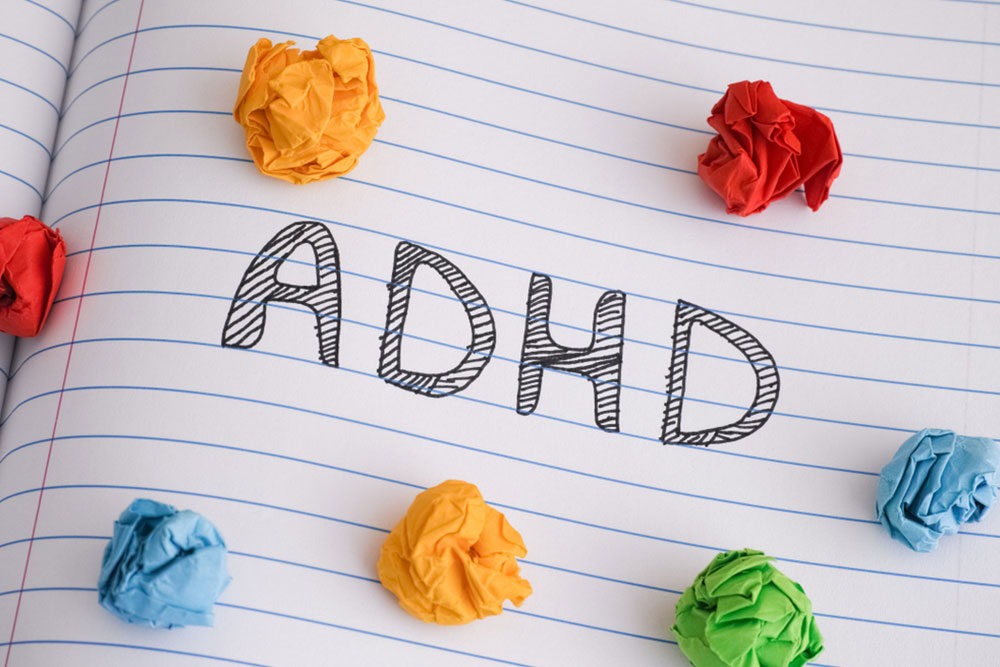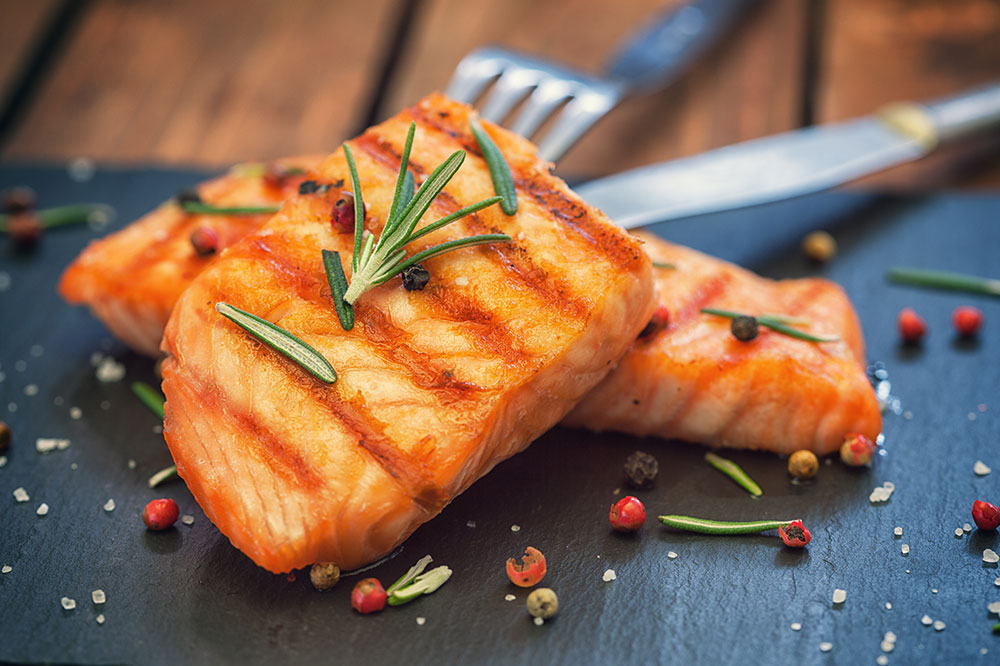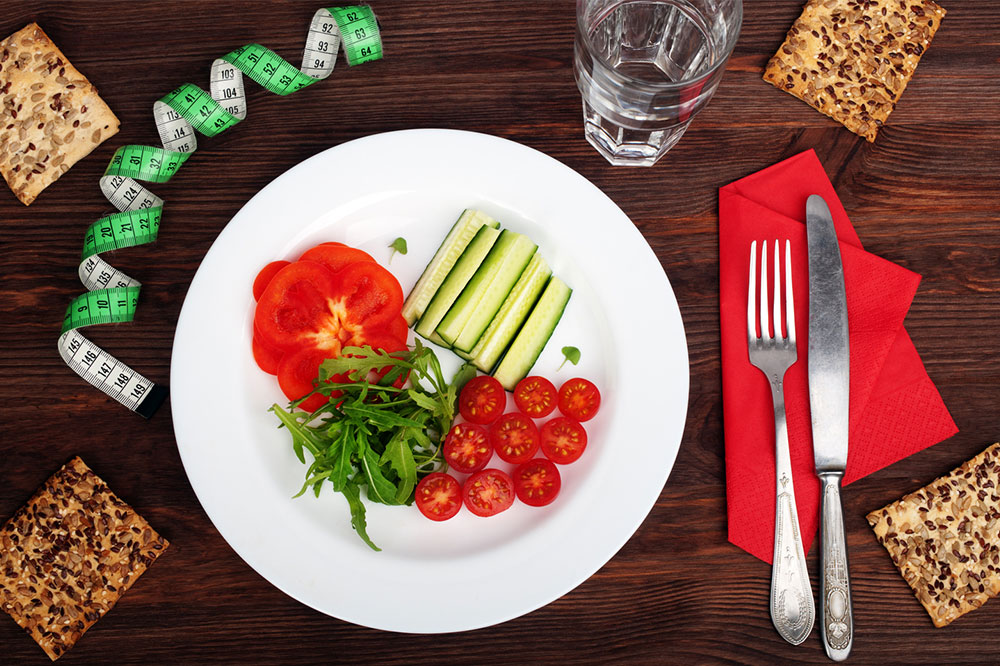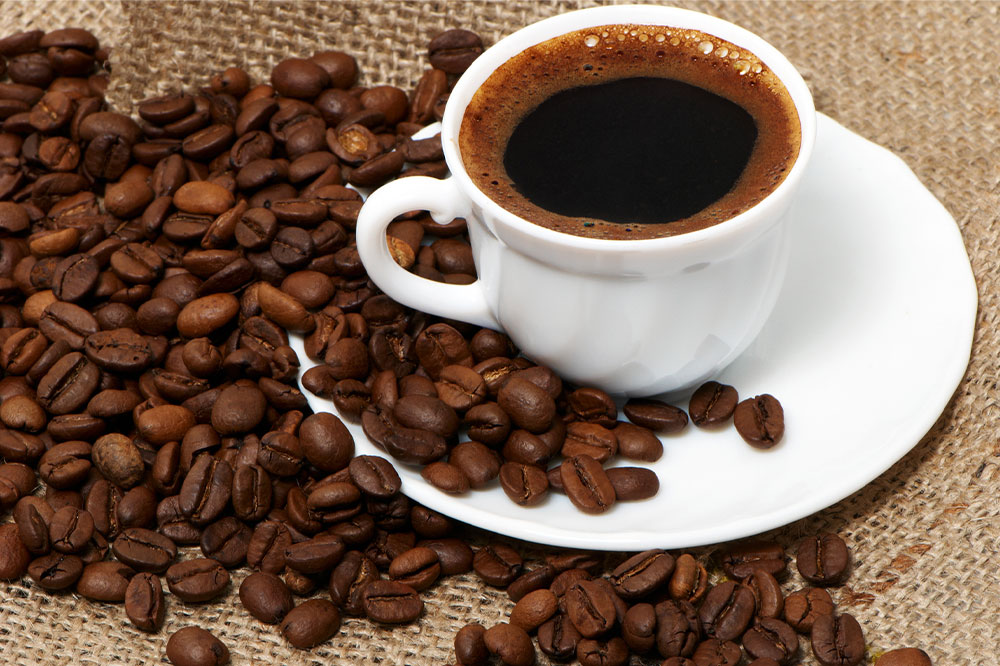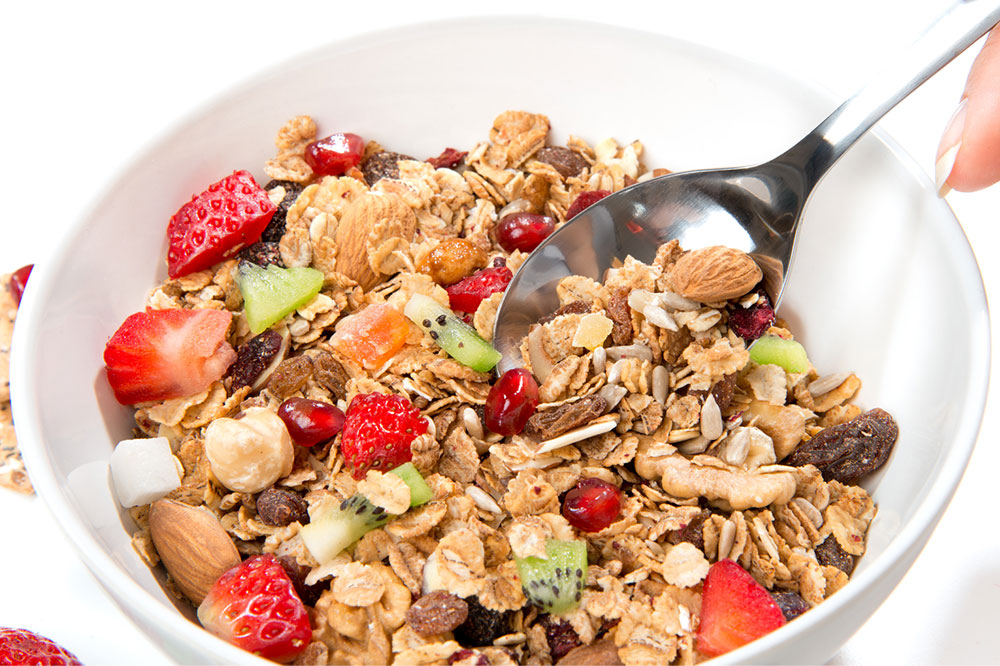Essential Foods to Include and Avoid for Managing ADHD
This article highlights essential dietary recommendations for managing ADHD, including foods to incorporate such as high-protein options, omega-3s, and key vitamins, along with foods to avoid like high-sugar, caffeine, and processed foods. Proper nutrition can improve focus, energy levels, and overall well-being for individuals with ADHD. It emphasizes the importance of mindful eating and natural food choices to support mental health and reduce symptoms effectively.
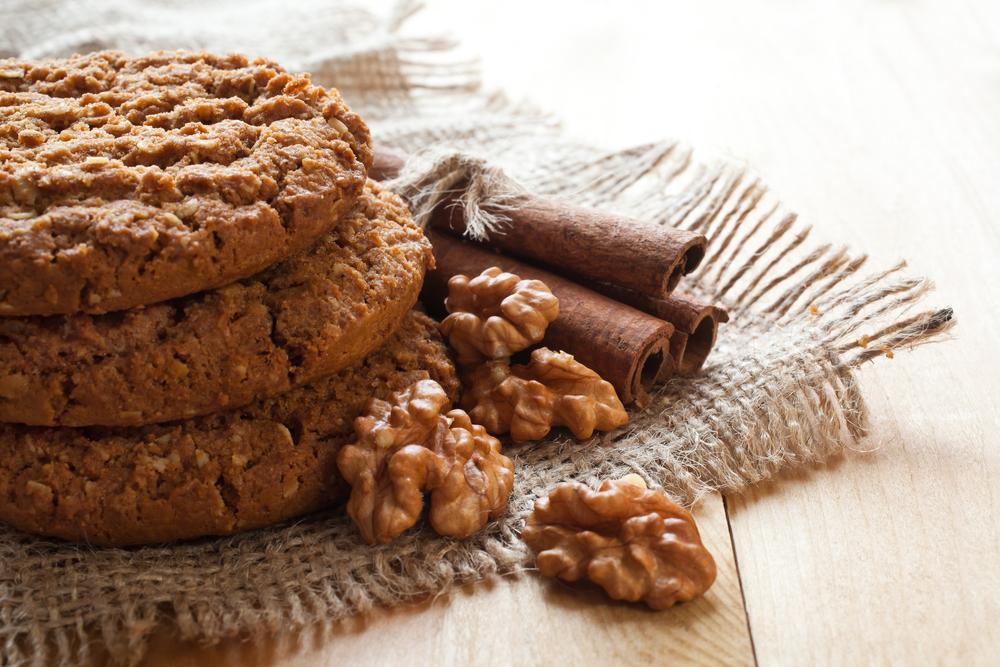
Essential Diet Tips for ADHD: Foods to Embrace and Stay Away From
The popular phrase “You are what you eat” holds some truth, but health professionals often suggest, “You are how you use what you eat.” Nutrition impacts our mood, energy, and overall well-being — influencing whether we feel energized or sluggish. The way our body metabolizes food can also contribute to conditions like ADHD, which many may overlook. An estimated 4-5% of adults are affected, yet less than 20% receive diagnosis or treatment. Proper diet management can improve daily life significantly.
ADHD often goes undiagnosed in adults, with only about 10-20% being properly identified and treated. The condition can reduce lifespan by over eight years. Just like diabetics, individuals with ADHD can benefit greatly from mindful eating. Here’s a guide on foods to prioritize and those to avoid for better focus and energy.
Foods to Incorporate
Protein-Rich Options
Proteins support neurotransmitter function, especially dopamine and norepinephrine, aiding sustained concentration and alertness.
Protein sources include:
Spinach
Brussels sprouts
Guava
Avocado
Eggs
Chicken breast
Almonds
Oats
Milk
Greek yogurt
Broccoli
Omega-3 Fatty Acids, Vitamins, and Minerals
Supplements like omega-3, zinc, iron, magnesium, B vitamins, and vitamin D can enhance concentration. Many nutrients found naturally in foods are essential for brain health, so choosing whole foods is beneficial.
Foods rich in these nutrients include:
Omega-3: Tuna, salmon, flaxseed oil, chia seeds, sardines, walnuts
Zinc: Shellfish, nuts, eggs, whole grains
Iron: Spinach, pumpkin seeds, quinoa, turkey, liver
Magnesium: Avocado, leafy greens, bananas, legumes
Vitamin B1: Peas, fruits, liver
Vitamin B2: Milk, eggs, brown rice
Vitamin B6: Soya beans, whole grains, pork
Vitamin B7: Broccoli, Brussels sprouts, chickpeas
Vitamin B12: Meat, cod, salmon, dairy, eggs
Foods to Limit or Avoid
High Sugar Intake
Diet high in sugar can trigger hyperactivity and restlessness in individuals with ADHD. Packaged foods often contain excessive sugar, which can worsen symptoms.
Cakes
Breakfast cereals
Sodas
White rice
Pastries
Caffeine Consumption
Caffeine, present in coffee, tea, and energy drinks, can adversely affect those with ADHD by increasing hyperactivity and reducing focus. It’s advisable to limit or avoid caffeine-rich products.
Energy drinks
Coffee
Tea
Some breakfast cereals
Additives and Preservatives
Artificial flavors, colorings, and preservatives found in processed foods can interfere with brain function, causing allergies, dullness, and distractibility. Naturally fresh foods are preferable.
Canned foods
Packaged snacks
Instant noodles
Processed chips
Energy drinks
Note: Our articles aim to provide reliable health information based on research, but they are not substitute for professional medical advice. Readers should consult healthcare providers for diagnosis and treatment options. The website does not guarantee accuracy across all content and information about schemes or offers might vary.

